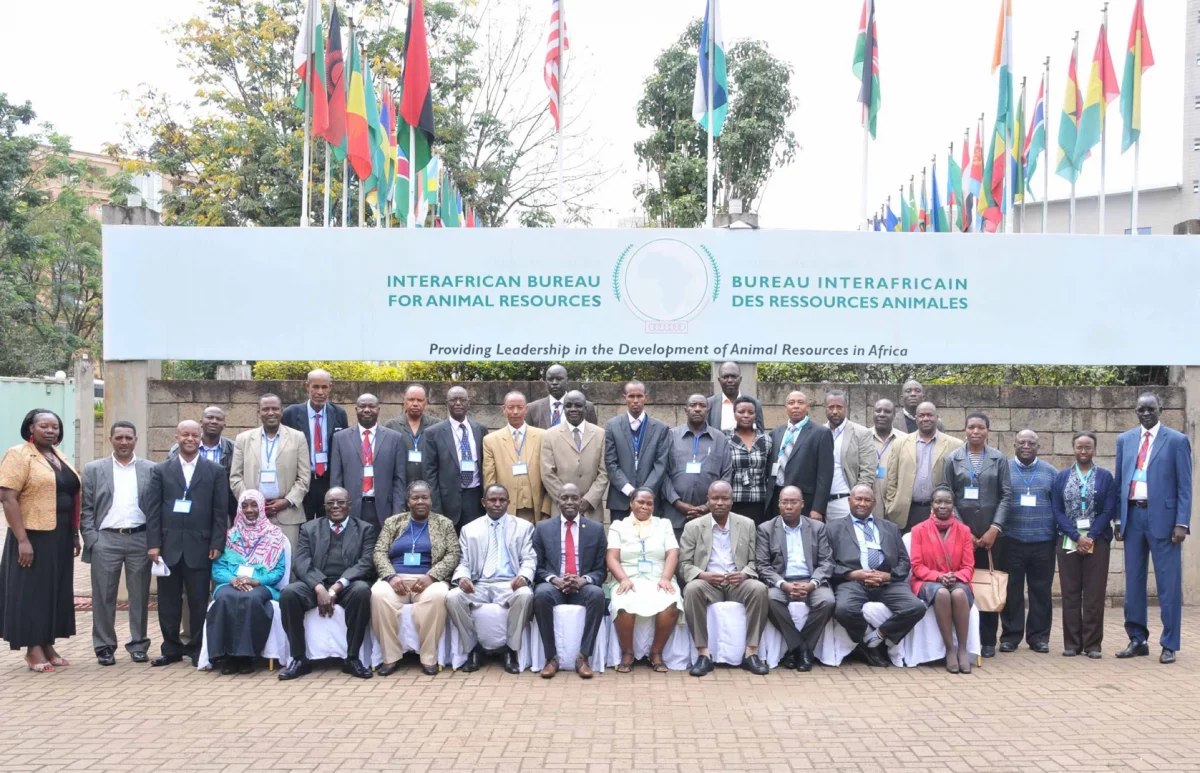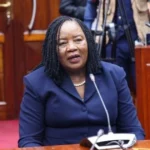The African Union – Interafrican Bureau for Animal Resources (AU-IBAR) on Monday, November 28 conducted a media briefing to highlight key notes that will necessarily be discussed in a Pan-African donkey conference on December 1st and 2nd in Dar es Salaam, Tanzania.
The two-days conference is set to inform policy dialogues, mainstreaming the donkey in development, sensitization and bringing the whole of Africa together in one voice with a consolidated position on donkey skin trade (DST).

While addressing the media, the Regional Director – Brooke Action for Working Horses and Donkeys – East Africa, Dr. Raphael Kinoti stated that the African countries initially held series of meetings discussing the sustainability and good utilization of donkeys as a significant resource in Africa.
Subscribe to YouTube Channel at Switch TV.
According to Dr. Kinoti, the discussions were made due to the new excursion of donkey skin trade (DST) in Africa which was officiated between 2013 and 2019.
“A couple of years there has been a very vibrant discussions on how can Africa utilize donkeys better and this discussion came due to the emergency of the trade in donkey hide where between the years in 2013 and 2019 many countries in Africa set up this completely new trade on slaughtering the donkeys basically for their hides and exporting to the Western Countries,” he stated.
Regarding the sustainability of the donkeys and emergency of the skin trade cases, the AU-IBAR decided to rally all the African countries for Pan-Africa donkey conference and discuss the future of the donkey considering the fact that the skin exportation in the Western Countries is becoming a topic of discussion.
“The two-days conference in Dar es Salaam the African Countries will be there discussing the future of donkeys in Africa. The main theme for the Conference is, “Donkey in Africa, now and in the future,” he added.
Alongside Dr. Raphael Kinoti, were other speakers who joined the media briefing for extemporization on the animal welfare as well as emphasizing on the largest conference set to take place in Tanzania.
Dr. Samuel Wakhusama, Representative – World Organisation for Animal Health (WOAH) and Dr. Hiver Boussini, the Senior Animal Health Officer, AU-IBAR accompanied Dr. Kinoti for the press conference held at Brooke East- African offices in Nairobi.
In his remarks, Dr. Boussini said that their mandate as AU-IBAR is to systematize the distribution of animal resources for better sustainability of wildlife in Africa.
“Our mandate is to coordinate the development to the decision of animal resources for the livestock and all wildlife for the wellbeing of all animals in the Contintent,” he stated.
According to Dr. Boussini, animal welfare became an area of concern in 2013 and however set as part of concurrence in safeguarding the lives of animals.
The animal welfare however putted into plan due to the fact that African Continent is exporting a large mass of animal skins to the Middle East for processing and manufacturing rationale.
“The animal welfare journey started since 2013 where the animal welfare issues had become an issue of concern the whole world and even came to part of agreement considering the African region being one of the largest exportation of animal resources to Middle East”, he said.
Dr.Samuel Wakhusama also added that as the AU member states, they are setting rigid measures to provide integral leadership in ensuring the animal welfare issue is given an upper nod as far as the AU member states are concerned.
“We are a standard organization comprising 182 members. Our key role is to provide leadership skills and improving welfare of the animals considering health as the integral part of the animals,” he stated.
However, due to the mass slaughtering of donkeys in Kenya, spawned a black market with skin-smuggling networks hiring gangs to steal donkeys while locals report the surge of donkey theft cases.
The Country’s four abattoirs licensed to slaughter the animals; Naivasha, Baringo, Turkana and Kithyoko slaughterhouse in Machackos County were banned from slaughtering donkeys by the former Cabinet Secretary for Agriculture, Peter Munya.
Minister Peter Munya said the authorization to slaughter donkeys in the Country was mistakenly made as it has caused the donkey population to fall.
Kenya was largely export donkey skins in China due to the high demand.
When skins are boiled, they produce a brown gelatine, which is the essential ingredient in Chinese “ejiao” products – popular health foods and traditional medicines.
















